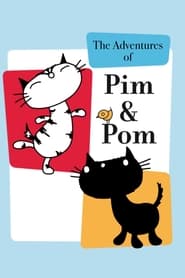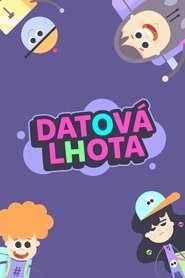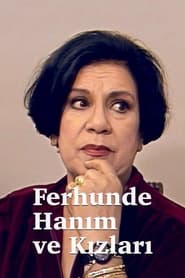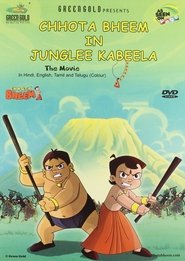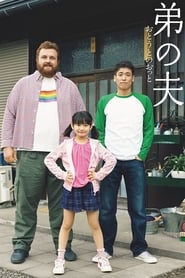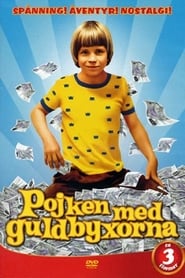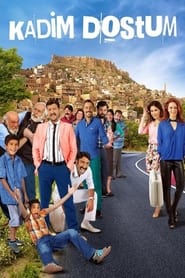Family TV Series - Page 291
-
BigBakShow
2025
BigBakShow
2025
-
Bibliothek der Sachgeschichten
1992
star 7.5Bibliothek der Sachgeschichten is a long-running German information series, broadcast between 1969 and 2010. -
The Adventures of Pim & Pom
2016
First appeared in black and white on Dutch newspapers in the 50s and 60s, Pim & Pom is a series about the mischievous adventures of two cats. With abundant imagination and energy, these two lifelong friends turn every day into something very special! A vacuum cleaner can be a monster, a pile of newspapers can be a house, and a bathroom floor a skating rink. Through thick and thin Pim and Pom always stand by each other. A fresh, original, and endearing animation series. -
The Wild Bunch
1991
The Wild Bunch
1991
-
南北一家亲
2000
南北一家亲
2000
-
Datová Lhota
2020
Datová Lhota
2020
-
Little Bheem
2008
Little Bheem
2008
star 6.5Chhota Bheem is an Indian animated series adventures about a boy named Bheem and his friends in fictional village of Dholakpur.Bheem and his friends are usually involved in protecting the village from various evil forces. -
My Brother's Husband
2018
My Brother's Husband
2018
star 5.6Yaichi (Ryuta Sato) is a single father and he raises his elementary school aged daughter alone. One day, a foreign man named Mike (Baruto Kaito) visits him. Yaichi has an identical twin brother Ryoji, but Ryoji moved to Canada years ago. They have disconnected since that time. Mike introduces himself as the husband of Ryoji. They are a married gay couple. Yaichi is confused and doesn't know how to deal with Mike. -
Julies Madselskaber
2016
Julies Madselskaber
2016
-
Rüyalarda Buluşuruz
2006
Rüyalarda Buluşuruz
2006
-
Flemming og Berit
1994
-
Accidental Love
2021
Accidental Love
2021
Thitphati, a proud casanova businessman, sets his sights on winning over his secretary Jitsagao, unaware that her rejection stems from a painful family secret , creating a tense battle between guilt, pride, and unexpected love. -
Pojken med guldbyxorna
1975
star 7.5Pojken med guldbyxorna is a 1975 Swedish TV-series, based on an 1967 novel by Max Lundgren, that became very popular in Sweden and has since been shown numerous times on Swedish television. The version now broadcast on TV4 Guld consists of episodes cut into 30 minutes each. The plot revolves around a boy who discovers that he is able to pull an infinite number of banknotes from the pockets of his jeans. -
Ketsuekigatabetsu Onna ga Kekkon Suru Hoho
2009
Rosa Kato plays the type-A Yukie, an OL in the accounting department of a small firm, while Naoki Nokubo plays her partner. Yumiko Shaku (type-B) is a successful drama screenwriter, pairing up with Hiroyuki Miyasako. Yu Kashii (type-O) is a freeter whose partner is played by Taiwanese actor Wilson Chen. Asami Mizukawa plays the last Yukie (type-AB), a university student. She is teaming up with TOKIO's Shigeru Joshima. -
Blaž među ženama
2025
-
Pinocchio
1978
Pinocchio
1978
Based on the Carlo Collodi book, a macabre 4 part BBC live action Alec Drysdale dramatisation, directed by legendary Doctor Who producer Barry Letts. -
Mutual of Omaha's Wild Kingdom
2002
star 10Mutual of Omaha's Wild Kingdom, also known as Wild Kingdom, is an American documentary television program that features wildlife and nature. It ran for 25 seasons and was originally produced from 1963 until 1988. This is the show's second incarnation which aired on Animal Planet in the U.S. from 2002 until 2011. -
Kadim Dostum
2014


